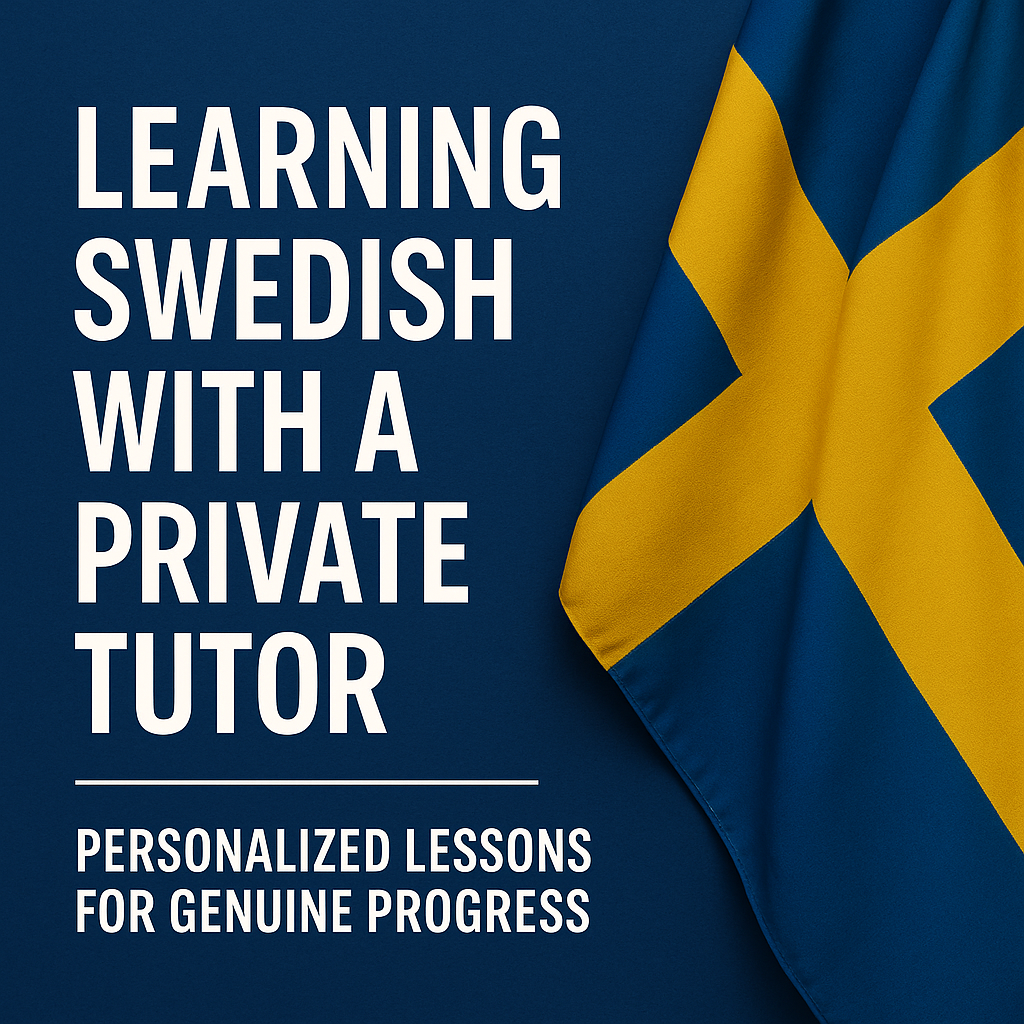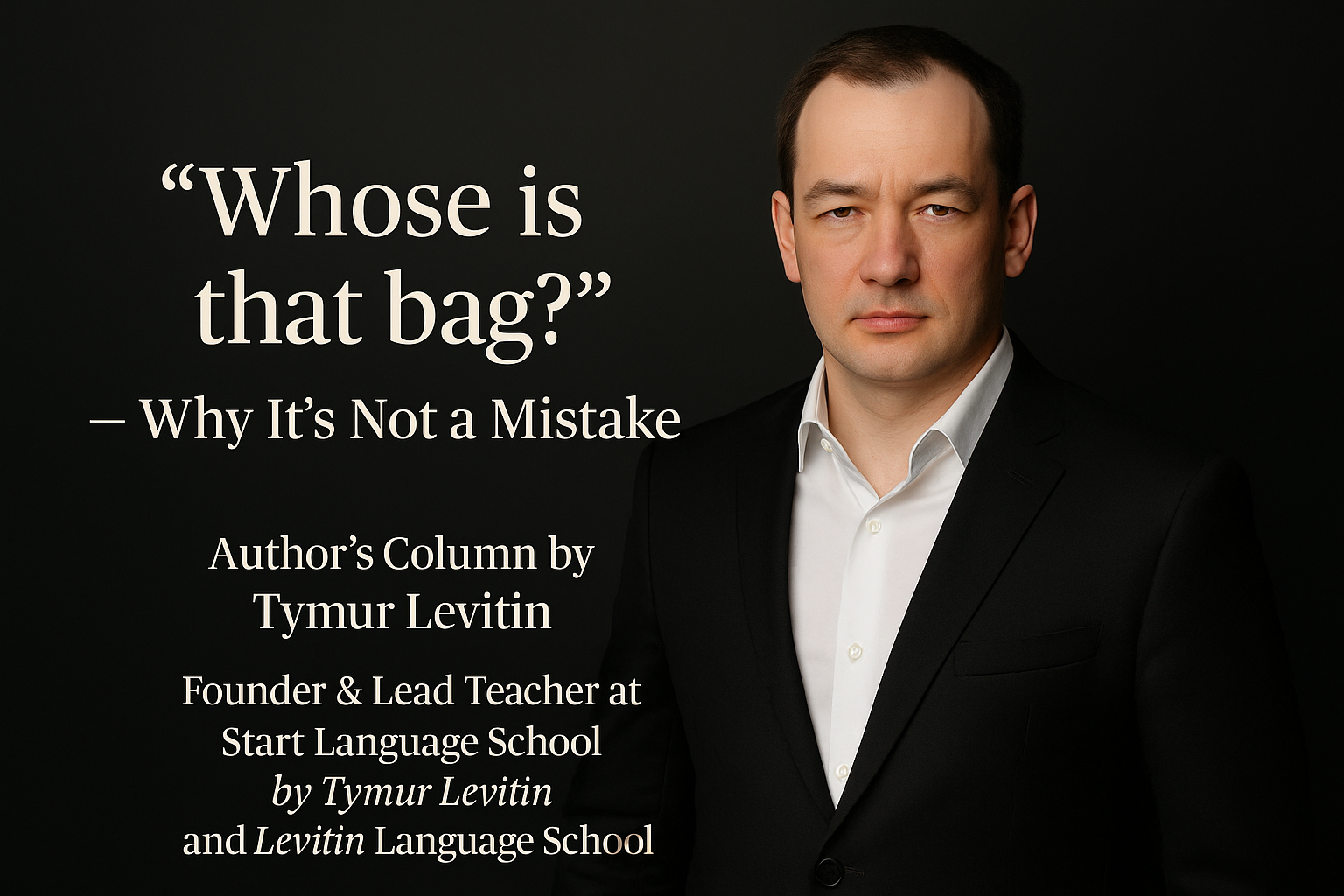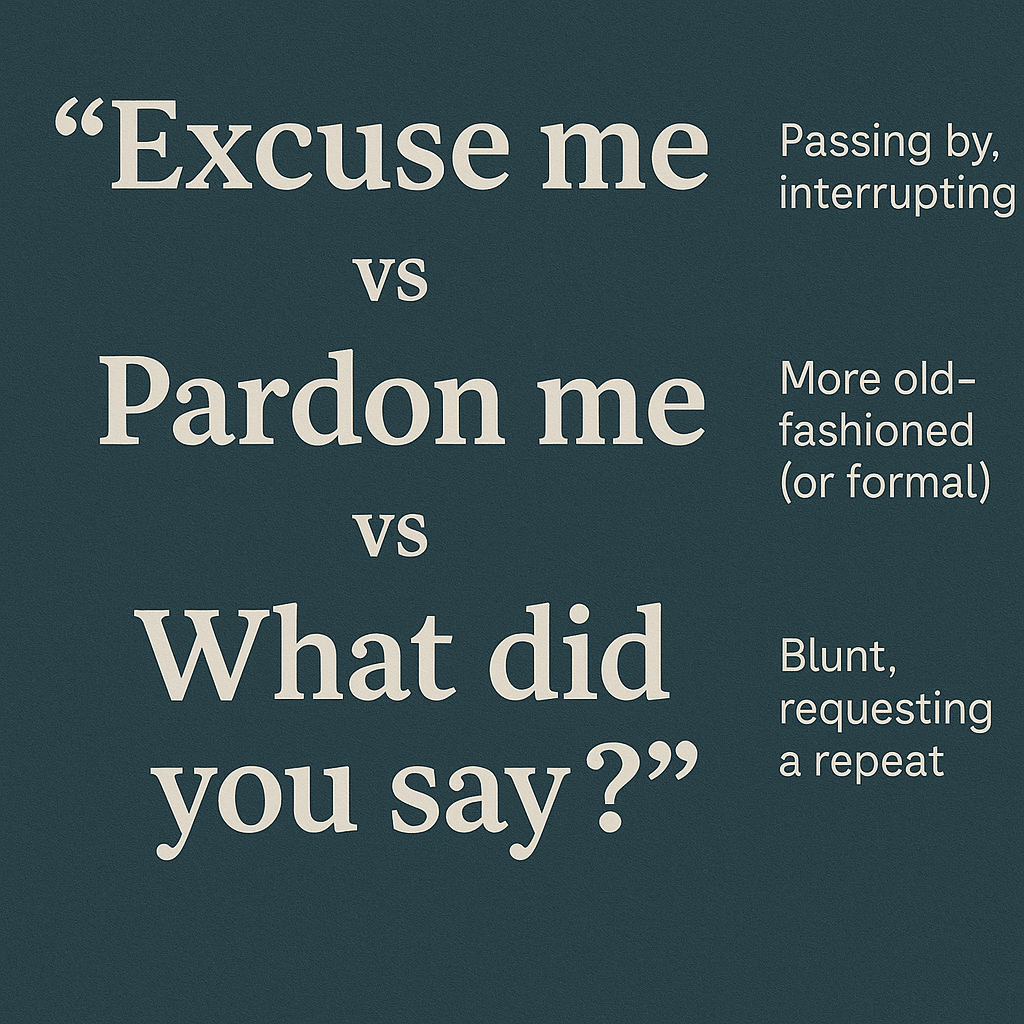Author’s column by Tymur Levitin
Founder and Head Teacher at Levitin Language School
🔗 Start Language School by Tymur Levitin
🧭 “Speak only in English from Day One!” — sounds great, right?
You’ve heard it before.
“Total immersion is the best method!”
“No translations allowed!”
“You’ll start thinking in English immediately!”
This is the promise of so-called full immersion courses — now aggressively marketed everywhere. But here’s the truth:
Total immersion without understanding is not learning.
It’s survival.
And survival doesn’t build fluency. It builds habits. Often incorrect ones.
🧱 Repetition is not understanding
Yes — you will hear new phrases.
Yes — you will repeat after the teacher.
Yes — you may even sound fluent in basic situations.
But:
- Can you change the structure?
- Can you say it in a different time frame?
- Can you explain why it’s built that way?
If the answer is no — you’re not speaking. You’re imitating.
🧠 But it worked for my friend!”
Let’s talk honestly.
1. Some people absorb language naturally
Especially:
- polyglots
- early bilinguals
- those raised in multilingual cultures
- people with very high self-study discipline
But they are the exception — not the standard.
2. Full immersion fits only some learning styles
Some students thrive in chaos.
Others — need clarity, logic, and structure.
Ignoring that is not a method. It’s laziness.
🚧 What actually happens in “immersion”?
🔻 You copy what you hear
But don’t understand why it’s used.
🔻 You guess meaning from context
Which often leads to misunderstanding.
🔻 You build confidence — but not competence
You speak, yes. But:
- only in familiar scripts,
- without flexibility,
- and often without control.
And when life gets more complex — your “fluency” collapses.
What makes real immersion work?
There is value in immersion — if done right.
Here’s how to make it real:
✅ Explain what’s happening
Even briefly, in the learner’s native language if needed.
✅ 2. Build a core before immersion
Give the student enough vocabulary and structure to survive with understanding.
✅ 3. Correct with context
Not just “Wrong. Try again.”
But: “Let’s look why this works — and how it changes if you shift focus.”
🎯 Who is responsible for this mess?
“We don’t teach translation. We teach communication.”
That’s what they say.
But real communication requires structure, tools, and awareness.
Throwing a student into language chaos is not innovation.
It’s abdication of responsibility.
🧩 What I teach instead
I don’t isolate skills. I combine them.
I don’t reject translation. I use it as a bridge.
I don’t push students into panic. I train them to build confidence from clarity.
Because language should not be overwhelming.
It should be a tool for living, thinking, understanding, and connecting.
And that’s something “full immersion” alone will never give you.
🔗 Related reading from our blog
→ The Language Barrier Is Not About Language
→ Why We Don’t Promise You’ll Speak in 30 Days
→ Understanding Sentence Structure as Meaning, Not Just Rules
© Tymur Levitin
Author, founder, director, and lead teacher at Levitin Language School
This article is part of the author’s column:
🟦 Language Without Illusions: Tymur Levitin’s Column on Real Learning
🔜 Next in the series:
“What a Dictionary Won’t Tell You — and Why Intuition Might”
Coming soon.
























